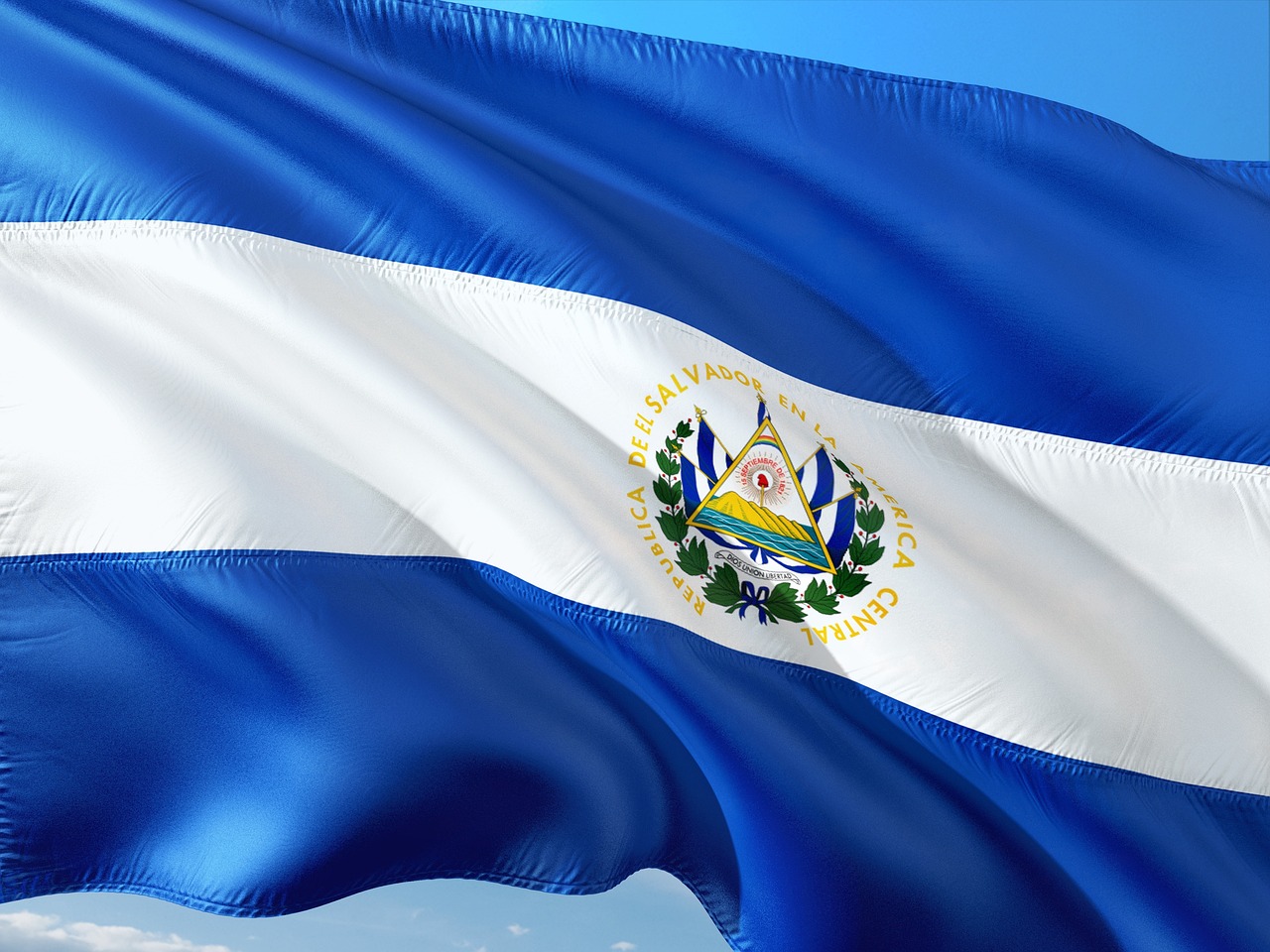
Bukele Admits Bitcoin Adoption in El Salvador Falls Short of Expectations
In a candid assessment of El Salvador’s pioneering adoption of Bitcoin as legal tender, President Nayib Bukele has acknowledged that the cryptocurrency’s integration into the national economy has fallen short of initial expectations. Speaking in a recent interview with TIME Magazine, Bukele offered a nuanced view of the country’s bold monetary experiment, now approaching its third anniversary.
“Bitcoin hasn’t had the widespread adoption we hoped for,” Bukele admitted, tempering the optimistic rhetoric that initially surrounded the initiative. Despite this, the president maintains that the overall impact has been “net positive” for the Central American nation.
El Salvador made history in September 2021 by becoming the first country to adopt Bitcoin as legal tender, a move that was met with both enthusiasm from crypto advocates and skepticism from traditional financial institutions. The government’s ambitious plans included the creation of a state-backed digital wallet, “Chivo,” and the distribution of $30 in Bitcoin to citizens who registered for the service.
While Bukele claims that “many Salvadorans use it” and that “the majority of large businesses in the country have it,” recent reports suggest that fewer than 12% of Salvadorans have made even a single Bitcoin transaction. This low adoption rate underscores the challenges of integrating a volatile digital asset into a national economy.
Despite the tepid domestic uptake, Bukele emphasized the broader benefits of El Salvador’s Bitcoin strategy. “It gave us branding, it brought us investments, it brought us tourism,” he stated, highlighting the country’s increased visibility on the global stage. This sentiment was echoed by Damian Merlo, a lobbyist quoted in the TIME article, who described the move as “the Great Rebranding.”
The president also pointed to the country’s Bitcoin holdings, claiming that El Salvador has approximately $400 million in BTC “in the public wallet alone.” However, this investment strategy has been criticized by international financial institutions, with Moody’s downgrading the country’s credit rating citing concerns over Bukele’s fiscal policies.
Critics, including the World Bank and the International Monetary Fund, have consistently warned about the risks associated with Bitcoin’s volatility and its potential impact on financial stability. Bukele, however, noted that the IMF has softened its stance, acknowledging that the “expected risks have not materialized.”
As El Salvador continues to navigate this uncharted territory, the global financial community watches with interest. The country’s experiment may serve as a case study for other nations considering similar moves, potentially influencing the future landscape of national cryptocurrencies and digital assets in the global economy.
While Bukele remains committed to the Bitcoin experiment, describing it as voluntary and beneficial for those who chose to participate, the mixed results highlight the complexities of integrating cryptocurrencies into traditional financial systems. As the president himself concluded, “I’m not going to say it’s the currency of the future, but there’s a lot of future in that currency.”





